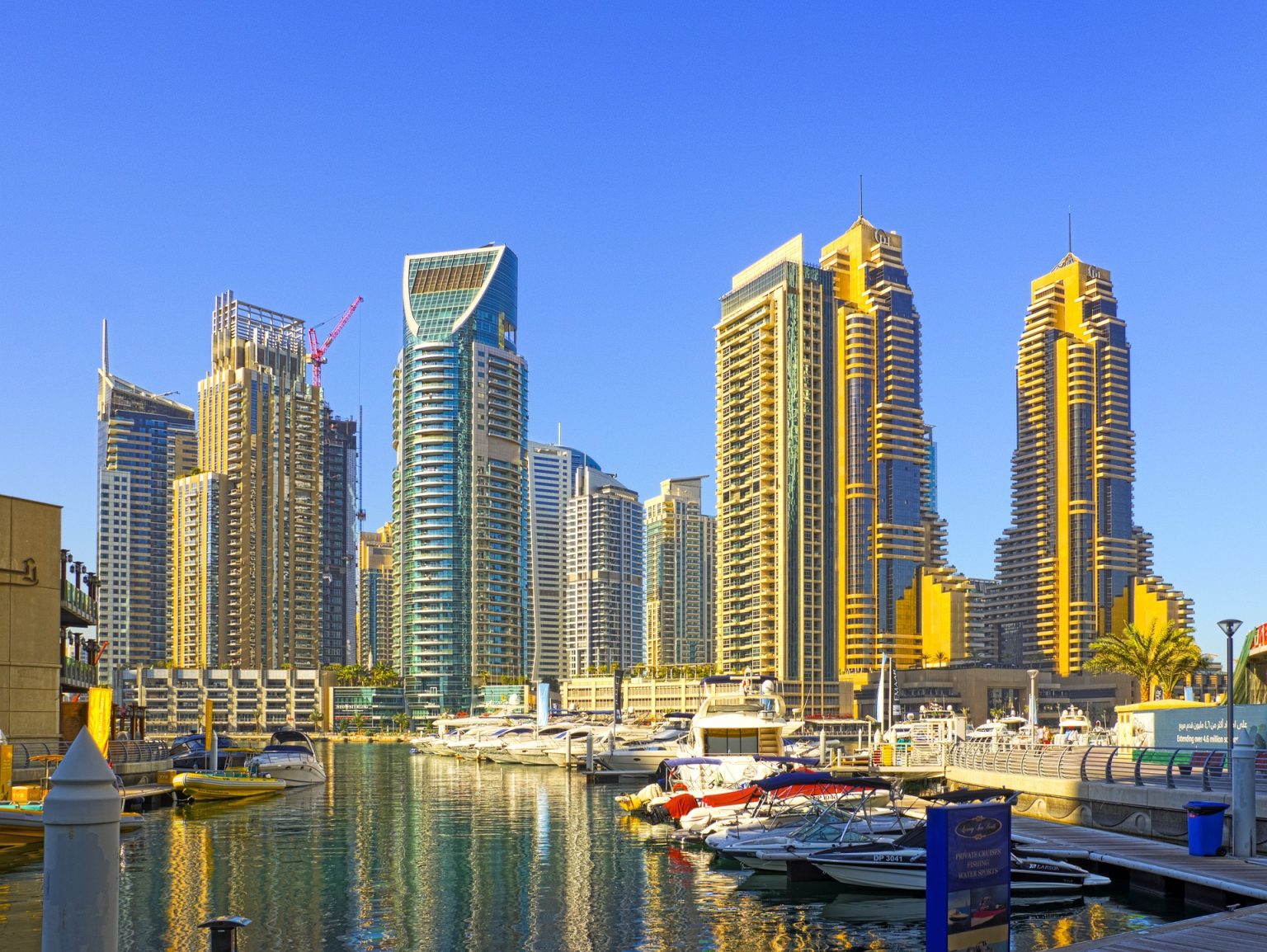The Dubai-based real estate brokerage company “On Plan” has predicted that the 2033 real estate sector strategy in the Emirate of Dubai will contribute to a new qualitative leap in Dubai real estate market over the next ten years.At the beginning of this month, the Executive Council of the Emirate of Dubai, chaired by Sheikh Hamdan bin Mohammed bin Rashid Al Maktoum, Crown Prince of Dubai, Deputy Prime Minister, Minister of Defense, and Chairman of the Executive Council of the Emirate of Dubai, approved the 2033 real estate sector strategy.
In a report on the latest developments in Dubai real estate market, “On Plan” stated that Dubai’s new real estate strategy marks a significant turning point for the sector. It will enhance its vital role in the local economy by increasing trust and transparency within the market, thus expanding ownership opportunities and attracting new foreign investments into this sector.
It added that thanks to the new strategy, Dubai real estate market is poised to surpass the AED 1 trillion mark in terms of real estate transactions by 2033.
Dubai recently launched the 2033 real estate sector strategy to achieve the Dubai Economic Agenda D33. This agenda aims to increase the value of real estate transactions in the emirate by 70% to reach AED 1 trillion by 2033 and multiply the value of real estate portfolios in Dubai 20 times to reach AED 20 billion.
The strategy also aims to double the real estate sector’s added value to Dubai’s GDP, reaching AED 73 billion, and to increase the homeownership rate to 33% of the emirate’s residents. Dubai has been experiencing significant leaps in its real estate market since the post-pandemic period, achieving remarkable milestones that reflect its exceptional resilience to global challenges. This accelerated growth is driven by continuous government support and a thriving economic environment, promising further development and progress in the coming years.
In this context, Ahmed Al-Dawla, Chairman of the Board of Directors of “On Plan” Real Estate Brokerage, confirmed that the 2033 real estate sector strategy in the Emirate of Dubai will contribute to reshaping the real estate market landscape by providing new investment opportunities to meet the increasing local and global demand and keeping up with the current unprecedented boom in the market.
He explained that the strategy includes a set of key initiatives, including the development of new environmentally friendly projects and the improvement of infrastructure, which will attract investors from all over the world and increase the market value of the real estate sector. Moreover, the emirate offers a variety of options for residents with the development of new areas, while financing and mortgage options have become more diverse.
Ahmed Al-Dawla noted that Dubai real estate market derives its strength and continuous momentum from government decisions, conscious initiatives, and ambitious strategies that anticipate the future and provide solutions to crises before they occur. These strategies also ensure the activation and stimulation of the emirate’s most prominent sector, the latest of which is the 2033 Dubai real estate strategy.
He expects the upward trend in Dubai’s market to continue, with record sales figures projected to reach between AED 450 – 500 billion this year, driven by improved market-supporting factors, sustained momentum, and the emirate’s emergence as the best city globally for living and working.
He predicted that the volume of real estate transactions (sales, mortgages, and grants) would exceed AED 1 trillion annually before the end of the current decade, thanks to the 2033 Dubai real estate strategy. He emphasized that it would contribute to increasing property ownership through the implementation of affordable housing programs, encouraging individuals to purchase more properties and shift towards ownership.
He pointed out that the new strategy aims to enhance the real estate sector’s contribution to reach AED 73 billion and increase the homeownership rate to 33%, which will have long-term positive effects on the market.





